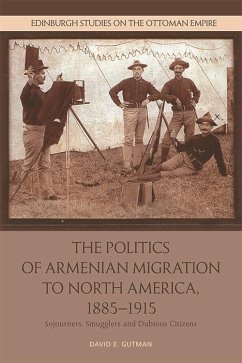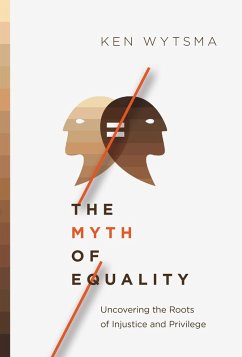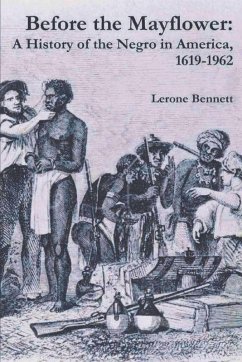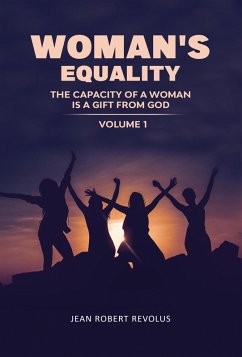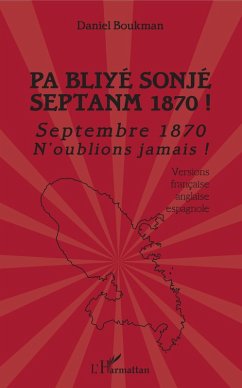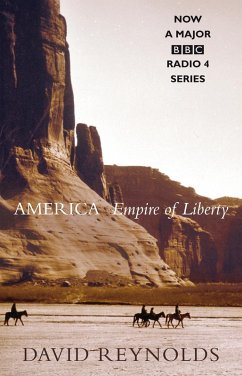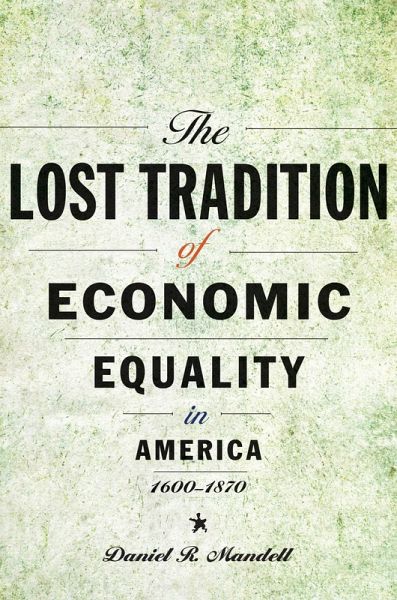
Lost Tradition of Economic Equality in America, 1600-1870 (eBook, ePUB)

PAYBACK Punkte
13 °P sammeln!
An important examination of the foundational American ideal of economic equality-and how we lost it.Winner of the Missouri Conference on History Book Award for 2021The United States has some of the highest levels of both wealth and income inequality in the world. Although modern-day Americans are increasingly concerned about this growing inequality, many nonetheless believe that the country was founded on a person's right to acquire and control property. But in The Lost Tradition of Economic Equality in America, 1600-1870, Daniel R. Mandell argues that, in fact, the United States was originall...
An important examination of the foundational American ideal of economic equality-and how we lost it.Winner of the Missouri Conference on History Book Award for 2021The United States has some of the highest levels of both wealth and income inequality in the world. Although modern-day Americans are increasingly concerned about this growing inequality, many nonetheless believe that the country was founded on a person's right to acquire and control property. But in The Lost Tradition of Economic Equality in America, 1600-1870, Daniel R. Mandell argues that, in fact, the United States was originally deeply influenced by the belief that maintaining a "e;rough"e; or relative equality of wealth is essential to the cultivation of a successful republican government.Mandell explores the origins and evolution of this ideal. He shows how, during the Revolutionary War, concerns about economic equality helped drive wage and price controls, while after its end Americans sought ways to maintain their beloved "e;rough"e; equality against the danger of individuals amassing excessive wealth. He also examines how, after 1800, this tradition was increasingly marginalized by the growth of the liberal ideal of individual property ownership without limits. This politically evenhanded book takes a sweeping, detailed view of economic, social, and cultural developments up to the time of Reconstruction, when Congress refused to redistribute plantation lands to the former slaves who had worked it, insisting instead that they required only civil and political rights. Informing current discussions about the growing gap between rich and poor in the United States, The Lost Tradition of Economic Equality in America is surprising and enlightening.
Dieser Download kann aus rechtlichen Gründen nur mit Rechnungsadresse in A, B, BG, CY, CZ, D, DK, EW, E, FIN, F, GR, HR, H, IRL, I, LT, L, LR, M, NL, PL, P, R, S, SLO, SK ausgeliefert werden.





